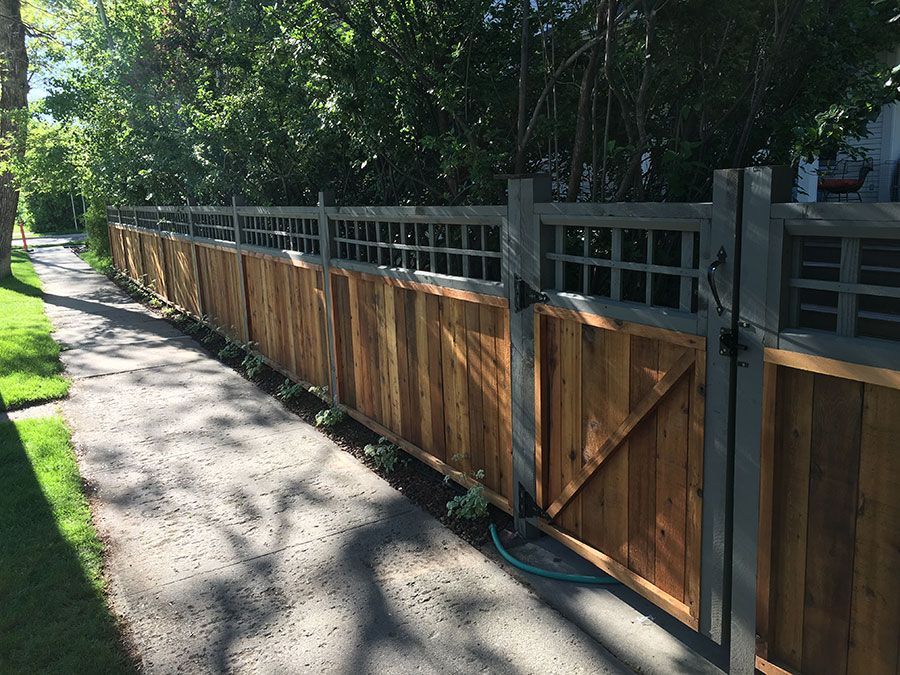Fence upkeep doesn’t always require expert help. With the proper tools and a little know-how, you can manage many standard issues yourself and save on repair costs. Here’s a simple guide to DIY fence care.
What You Need to Maintain Your Fence Yourself
To get started with fence repairs, gather the necessary tools. Below is a list of must-haves for most basic fence maintenance tasks:
- Hammer – For repairing loose nails or fixing broken boards
- Screwdriver – Great for tightening screws in wooden or metal fences.
- Post Level – Use a post level to guarantee your fence posts are perfectly aligned.
- Paint or Stain – Protects wooden fences from weathering and enhances longevity
- Wire Cutters – Wire cutters are great for trimming wire fences or removing tangled vines.
How to Tackle Common Fence Problems
Repairing a Loose Board
If you notice a loose or damaged board, fixing it is relatively simple:
- Take out any loose nails or screws with a hammer or screwdriver.
- Reposition the board and fasten it with fresh nails or screws.
- If needed, reinforce the board with a corner bracket or additional support.
The Right Way to Stain and Seal Your Wooden Fence
To protect your wooden fence and maintain its appearance, staining or sealing is essential:
- Start by cleaning the fence well to remove any dirt, debris, and mildew.
- Select an appropriate stain or sealant that is intended for exterior applications.
- Use a brush or sprayer to apply the stain, starting from the top and working your way down.
- Allow it to dry completely before putting the fence back to use.
Recognizing When You Need Professional Fence Help
Not all fence repairs are suitable for DIY. Simple tasks like tightening screws or replacing boards are easy to handle, but major issues may require professional help:
- If you notice significant structural damage, such as leaning posts or a sagging fence, it’s time to call a pro.
- Electric fences or high-security fences that need specialized skills.
- When weather damage compromises the fence’s structure, it’s best to get professional assistance.
If you're unsure whether your repair is beyond your skill level, it's always better to call a pro. It can save you time, money, and potential frustration in the long run.
